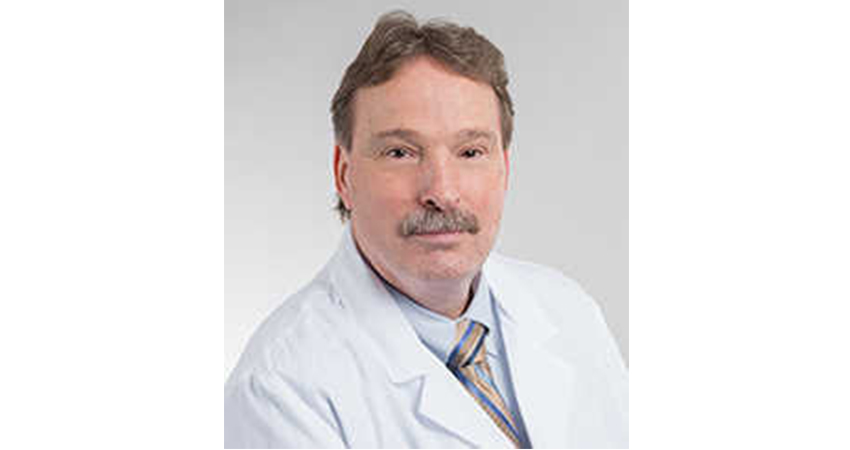Cardiovascular disease remains the leading cause of death in adults in the United States, but guests who attended cardiologist Dr. Donald Soucier’s recent presentation at Noble Horizons are now armed with effective strategies to live a heart-healthy life. A practicing physician for over 35-years and a fellow of the American College of Cardiology, Dr. Soucier spoke specifically about the rising rates of congestive heart failure in women who now account for 50% of heart failure hospital admissions.
Dr. Soucier, who also works in the Heart Center at Sharon Hospital, spoke to a packed room of mostly women and carefully explained congestive heart failure (CHF), its causes and symptoms and most importantly, the prevention and treatment of the condition. CHF specifically refers to the stage in which fluid builds up around the heart and causes it to pump inefficiently. CHF develops when your ventricles can’t pump enough blood volume to the body. “Misconceptions are one of the most critical aspects of communicating this issue to the public,” he emphasized. “Heart failure is NOT a heart attack, heart failure is a condition that develops after the heart muscle is injured from a number of factors.”
Soucier reviewed CHF symptoms that can indicate the possibility of congestive heart failure. They include an onset of fatigue, chest congestion, swelling ankles, increased urination, and shortness of breath. Other risk factors are a heart attack itself, high blood pressure, leaky heart valves, diabetes, obesity, and of course, the abuse of toxins like drugs or alcohol. There are two types of heart failure: systolic heart failure which occurs when the left ventricle fails to contract normally and the heart can’t pump properly and diastolic heart failure which happens when the heart can no longer relax between beats because its tissues have stiffened.
In the US, 39% of the incidents of heart failure in men come as a result of hypertension, but astonishingly, an even greater number of women experience hypertension nationwide. Soucier and his team have been hard at work developing preventative tests and treatments for heart failure using advanced diagnostic procedures and technologies which are Soucier’s specialty. He specifically mentioned echocardiology, which creates images of the heart using ultrasound waves and nuclear cardiology, which involves noninvasive techniques that assess the pumping function of the heart and visualize the size and location of a heart attack.
Dr. Soucier explained that medical professionals have designated four classes of congestive heart failure with corresponding treatment protocols. Class One patients are likely comfortable at rest, though normal physical activity may cause fatigue, palpitations, and shortness of breath. Treatment ranges from lifestyle changes to heart medications and monitoring. More advanced stages require complicated treatments, including stents, surgery and oversight by a cardiologist. Soucier and his associates at Sharon Hospital have taken proactive measures to ensure that our community can count on the necessary physical and informational avenues to diagnose, treat and prevent CHF. Treating congestive heart failure can be complex, but patients who comply with their physician’s management plan may be able to resume a full schedule of regular activities. “Through research, preventative measures can be taken and sometimes, the process of heart failure might even be reversed. Early diagnosis slows progression of the disease and that is vital to a healthier, longer life.”
While CHF can result in hospitalization, Dr. Soucier proudly noted that Sharon Hospital has achieved one of the lowest readmission rates in the area, and as a result, the hospital remains one of the lowest taxed hospitals (less than 1%) in the state of Connecticut. He attributes this milestone to the expertise and dedication of his colleagues. Dr. Soucier urged his audience to reduce the risk of developing congestive heart failure by being mindful of their lifestyle choices. This includes exercising, watching sodium and meat consumption and visiting your physician with the onset of any physical changes. Dr. Soucier and the Heart Center at Sharon Hospital may be reached at 860-364-4505 (TTY 1-800-421-1220); more information is available at healthquest.org/heartcenter.

